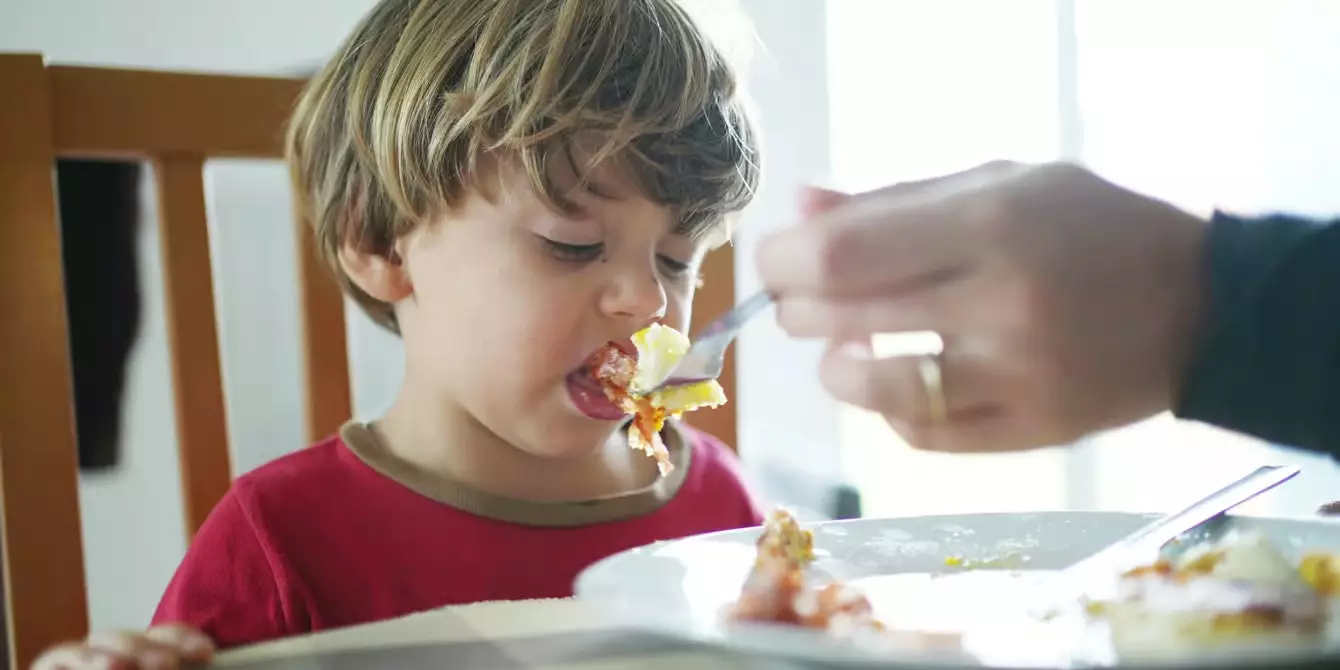Every parent has faced the challenging dilemma of raising a picky eater, and for many, it often feels like an uphill battle. I remember vividly the mantra that haunted my mealtimes: “When a child gets hungry enough, they’ll eat.” Parental advice like this often sounds sensible but can lead to anxiety and stress, particularly if your child defies expectations. My son, Max, was one such child. He seemed impervious to hunger cues, leading to a chaotic and emotionally charged mealtime experience that had us both at our wit’s end.
From an early age, Max demonstrated an unusual disinterest in food. Despite his birth measurements showing healthy averages, he swiftly fell into the ten percentile for weight by the age of eighteen months. As a parent, this was a bitter pill to swallow. I felt the urge to control the situation, from planning nutritious meals to attempting various tricks to entice him to eat. This phase of motherhood made me acutely aware of the rising number of mothers who share this struggle, often perpetuated by societal expectations about children and eating habits.
The Spiral of Control and Resistance
In my desperation, I dove headfirst into an arsenal of parenting techniques aimed at fixing Max’s eating habits. I experimented with routine, introduced a variety of foods, and eliminated distractions during meals. However, it felt as though my efforts only amplified the situation. Each time I pressured him to eat, it became less about nourishment and more of a tug-of-war that exhausted both of us — a battle we did not stand a chance of winning.
The turning point came during a particularly tense dinnertime. I had prepared his favorite dish, yet there Max sat, unmoved by the sight of food or the promise of a treat afterward. I felt helpless as I watched him push food aside while I desperately brandished muffins as bait. It dawned on me that my traditional approach to mealtime was simply not working, leading me to rethink my expectations concerning food and dining.
Rethinking Expectations and Embracing Flexibility
In a moment of clarity, I realized that so much of my parenting had been driven by rigid rules. I expected Max to eat what was served when it was offered, and I believed family dinners were non-negotiable. These standards weren’t inherently unreasonable, but they were not serving us well. My goal was straightforward: to ensure my children received adequate nourishment. Thus, the question arose: What if I let go of those entrenched beliefs about mealtime?
With a leap of faith, I began to dismiss many of my “shoulds” around Max’s eating habits. I decided to experiment with feeding them snacks in front of the TV instead of insisting that family dinners were sacred. This allowed me to introduce food in a low-pressure environment. I took a more hands-on approach; sometimes spoon-feeding him during his favorite shows, or even encouraging him to eat on the go while exploring the backyard. I blended meals into fun shapes and colors, making nutrition playful rather than a chore.
The Transformation Begins
Over time, a subtle but notable transformation began to take place. Instead of resisting mealtime altogether, Max started to show curiosity in food. I encouraged him to engage with it on his terms, even letting him experiment by making suggestions during meal prep. I incorporated playful challenges, like asking him to take a single bite to “test his tummy.” It turned the intimidating concept of trying new foods into a game.
The key to our success lay in relinquishing control and embracing a more relaxed attitude toward food. Gradually, Max began to eat more. I noticed him growing more open to experimenting with various foods and flavors. The victories were small yet significant, indicative of a larger shift in our approach to sustenance. The less anxious I became, the more Max willingly explored food, abandoning defeatist patterns in favor of curiosity.
Engaging Playfulness: An Unexpected Ally
One memorable evening, Max approached me with a gleam in his eyes and proposed an amusing idea: he wanted to pretend to be a puppy embarking on a culinary adventure. As silly as it seemed, I decided to embrace his creativity. With laughter as our backdrop, I suggested he eat from my hand, and to my astonishment, there he sat, willing to eat. It revealed an important truth: engaging in food within a framework of play transformed our mealtime dynamics. What could have been a dull, argumentative battle morphed into a joyful, shared experience.
These experiences demonstrated how flexibility in parenting not only alleviated the pressure associated with food but also encouraged bonding between us. Instead of viewing mealtimes as a battleground, we created a safe and entertaining space for exploration. By stepping back and permitting more agency in our food relationship, we built a thriving dynamic around nourishment.
Navigating picky eating requires patience, creativity, and perhaps a dose of humor. Embracing play and flexibility allowed Max and me to engage in healthier food habits, one snack at a time, ultimately laying the groundwork for a positive relationship with food that transcends the table.

